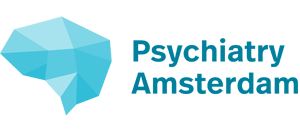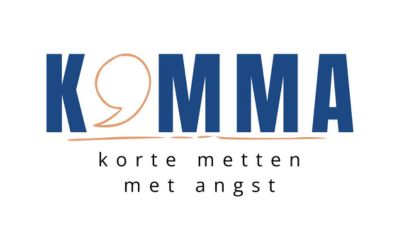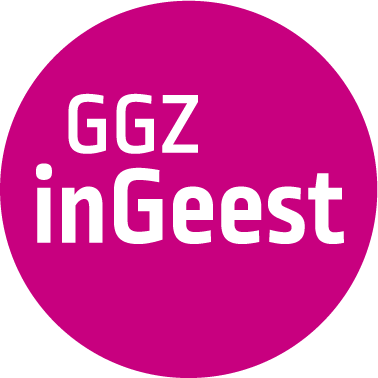Korte Metten Met Angst (KOMMA)
Research project
One out of every ten individuals grapples with an anxiety-related disorder, encompassing conditions such as panic disorder, agoraphobia, social anxiety disorder, generalized anxiety disorder, obsessive-compulsive disorder, posttraumatic stress disorder, or health anxiety disorder. The impact on one’s quality of life is profound, including reliance on support from loved ones, extended periods of absenteeism from work, or even social isolation.
Cognitive Behavioral Therapy (CBT) is the recommended treatment for anxiety-related disorders, with a primary focus on exposure. In exposure individuals engage in situations that evoke anxiety or tension, either therapist-guided or independently. Typically sessions are provided on a weekly basis, resulting in a treatment duration of approximately six months (accounting for illness and holidays). However, individuals with anxiety-related disorders often aspire to resume their lives as quickly as possible.
We anticipate a faster recovery through Brief Intensive Cognitive Behavioral Therapy (BI-CBT), wherein sessions are condensed within a short timeframe. While certain mental health institutions already offer BI-CBT, further research is essential to ascertain its effectiveness. The KOMMA study is designed and implemented in close collaboration with individuals with lived experience, addressing the patients’ desire for faster and sustainable recovery, while also expanding the available treatment options.
In the KOMMA study, we compare regular, weekly-given CBT with Brief Intensive CBT. The following centers participate in this the multi-center trial: GGZ inGeest (Amsterdam, Amstelveen, Haarlem, and Hoofddorp), Altrecht (Utrecht), and GGZ Centraal (Hilversum).
In addition to the RCT, we will conduct a process evaluation. This includes interviews and focus groups with patients, relatives, therapists, and other stakeholders. The process evaluation focuses on which format works for whom, and on influential factors in implementation. We will deliver a decision aid for future patients and a detailed implementation plan.
This study is funded by de Hersenstichting.





